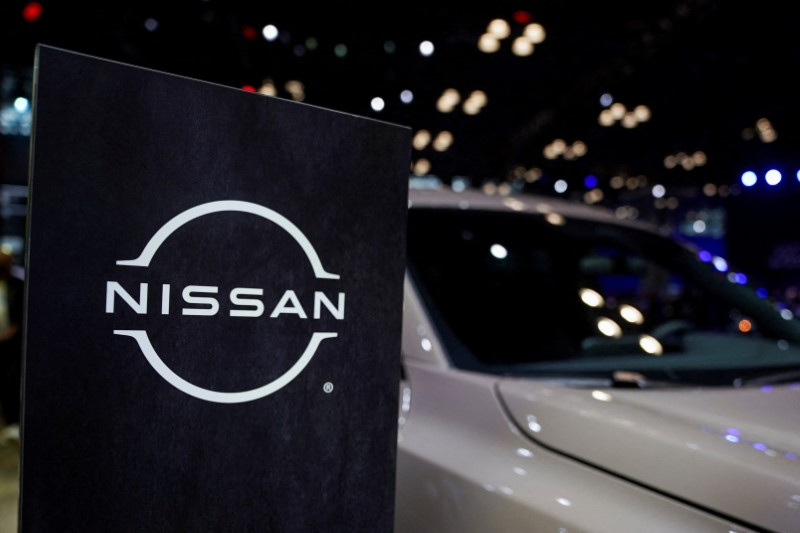(Reuters) – Japanese auto giants Honda Motor and Nissan Motor will start negotiations to merge as they face growing competition from bigger global electric vehicle makers, the Nikkei newspaper reported on Tuesday.
The carmakers have increased ties in recent months as they wrestle with the changing EV landscape. Heavy competition from Tesla and local rivals in China, a nation rapidly adopting EVs, and stalling demand in Europe and the U.S. have intensified the pressure traditional automakers face.
Honda and Nissan on Tuesday issued identical statements saying no merger had been announced by either company. Reuters has not independently verified the report.
“As announced in March of this year, Honda and Nissan are exploring various possibilities for future collaboration, leveraging each other’s strengths,” the companies said in separate statements, adding they will inform stakeholders of any updates at an appropriate time.
In addition, French automaker Renault, a major Nissan shareholder, said it has no information on the matter and declined to comment.
Over the past year, an EV price war launched by Tesla and Chinese automaker BYD has only intensified pressure on any companies losing money on the next-generation vehicles. That has put pressure on companies like Honda and Nissan to seek ways to cut costs and speed vehicle development, and mergers are a major step in that direction.
Honda’s market capitalization is 5.95 trillion yen ($38.8 billion), while Nissan’s is 1.17 trillion yen ($7.6 billion). Any deal would be the biggest in the industry since the $52 billion merger between Fiat Chrysler and PSA in 2021 to create Stellantis.
Honda’s U.S.-listed shares were up 1.3% in afternoon trading.
Nissan and Honda, Japan’s third- and second-biggest automakers, respectively, after Toyota, have been losing market share in China. That nation accounted for almost 70% of global EV sales in November, with more than 1.27 million in purchases for the month.
The two had combined global sales of 7.4 million vehicles in 2023, but are grappling with challenges from EV makers, particularly in China, where BYD and others have surged ahead.
Global automakers General Motors and Ford have slowed investments in EVs as high borrowing costs and poor charging infrastructure hinder their adoption despite government incentives. In September, GM said it was in talks with South Korea’s Hyundai Motor to explore ways to collaborate in a move to cut costs, including on joint vehicle development.
Europe’s car sector is in turmoil, with thousands of jobs on the line as automakers suffer from a weakening market, high costs, a slower-than-expected takeup of EVs and increasing competition from Chinese rivals.
